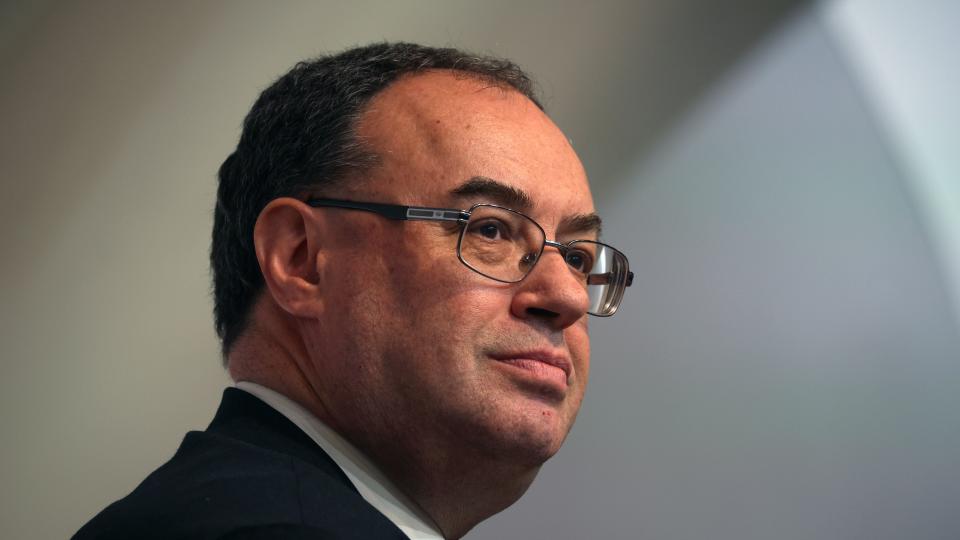Bank of England boss says lower income households hit harder by inflation

The governor of the Bank of England has said that high inflation is hitting lower income households the hardest because a bigger slice of their spending goes on “essentials of living”, like food and energy.
Andrew Bailey told reporters during a visit to the North of England that the current inflation is “particularly bad” and will take up to two years to control.
He said that it would be sensible for businesses to direct pay rises to lower paid workers in this environment.
Mr Bailey told Newcastle’s The Journal and Business Live: “Quite a few businesses are saying to me that they are doing more to direct their pay rises to the lower paid, and I think that is sensible.
“Inflation is bad for the least well-off generally and this inflation is particularly bad.
“The reason is that it’s concentrated on energy and food – these are the essentials of living.
“That means this inflation is hitting them harder, relatively speaking.”
The remarks come after Mr Bailey has previously suggested that pay rises make inflation worse and urged workers not to demand them from employers.
“If everybody tries to beat inflation, it doesn’t come down, it gets worse, that’s the problem,” he said in August.
The comments saw the governor come under heavy criticism, but Friday’s remarks indicate that he has praised companies who have upped the wages of lower-paid staff.
The UK’s economy shrank by 0.2% between July and September, the Office for National Statistics (ONS) said on Friday.
This means that the UK could have entered a recession if the economy also shrinks in the final three months of this year, as experts predict.

 Yahoo Finance
Yahoo Finance 